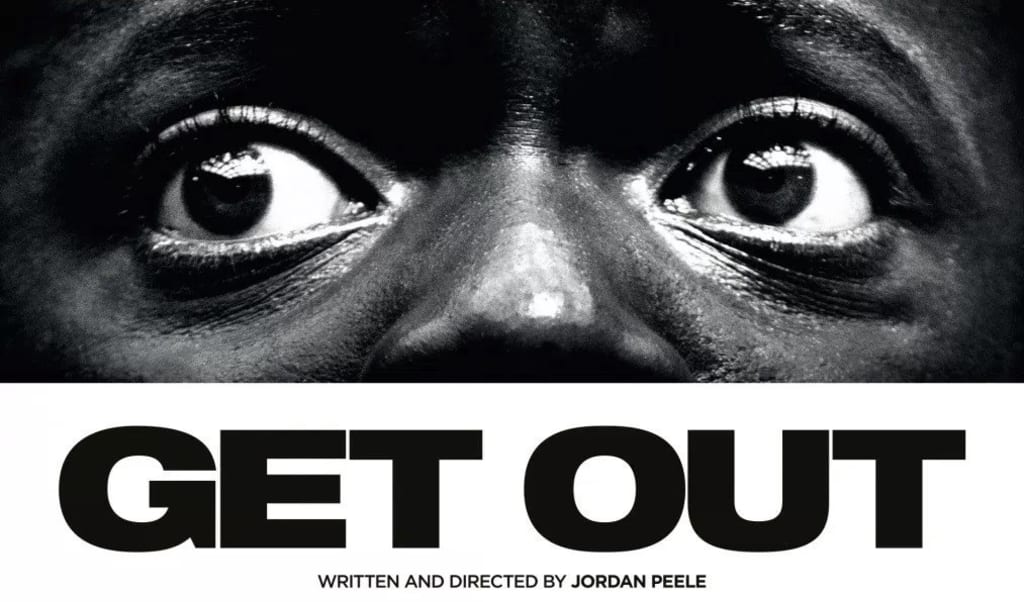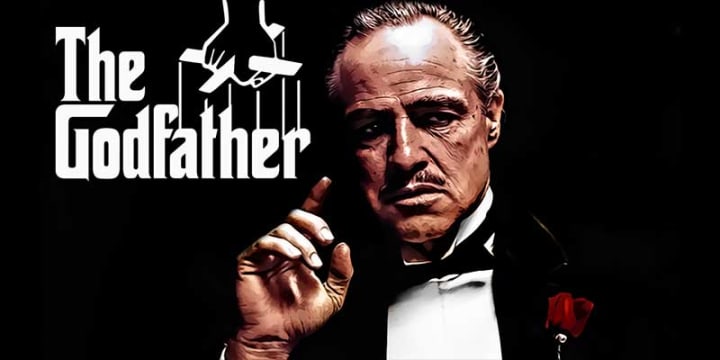Film in Our Modern Day Society
Throughout this article, I will be exploring the effects of film in our society and how it can affect our believes and choices.

Film throughout the decades has been constantly growing and developing as an art form. It has seen high's and low's but has generally increased for the better. More money has been put into it and has overall increased in popularity. Since the day film has been invented, it’s been used to: provoke an emotion, commentate on an idea or simply tell a story. Whatever film wants to do, it can do it, through its use of: dialogue, cinematography, plot, acting and everything else. The opportunities are unlimited for anyone wishing to get their point across. There have been many people who have risen to the challenge of creating a film and have done so quite successfully. A few can be named like, Steven Spielberg, Francis Ford Coppola, Martin Scorsese’s, Quentin Tarantino and the list goes on. What makes film so amazing is its versatility. It allows for creative people to project their visions and ideas.
Get out is an example of this, directed by Jordan Peele, who is known for his comedic style, decided to create a film presented to the horror genre (which I personally feel has lost its unique touch due to required aspects of a horror film to make it acceptable to the genre). But this film was greeted to worldwide acclaim and won an Oscar. This film is not just a horror film, it’s a film which uses the genre it’s been put into to commentate on a certain aspect of our modern day society, and it does this so well. It uses the aspect of horror to commentate on race within our modern day society, which is an extremely relevant topic to a lot of people. The fact you can use a film to explore a political subject in our society and possibly allow the audience to create a new/change their opinion on the topic is truly amazing.

(The GodFather 1972)
Film is an art form which can be experienced by everyone and can be enjoyed by everyone. It allows each individual to formulate their own perspective and opinion of a film or topic raised by the film. It forces people to engage in debate and talk with one another to continue to stimulate their mind and develop their understanding of the world around them.
Cinema shouldn't pander to the audience, it shouldn't sugar-coat everything, it should take risks with its approach to storytelling. Before the Hollywood New Wave and in Hollywood itself today, most movies were very clear-cut in terms of elements of film form and structure. Generally, every movie played out the same with a clear three act structure and they all had clear rules they had to follow in terms of censorship and film form. There were some directors however, who broke these rules and displayed that cinema could be much more than just a fun time at the movies. Although studios generally want to make entertaining movies for mainstream appeal, there are but a few filmmakers out there who choose to challenge the audience, provoking new and interesting ideas to them, rather than holding their hand throughout the film.
Not only can films be watched for enjoyment and a source of escapism, not only can films be works of art that express relevant themes, they can also raise important points about the world around us and the people within that world. When films first began, no one looked to critique or analyse its storytelling elements. They were just too blown away by how powerful the illusion of film was. But obviously over time as we got used to that illusion, there have been filmmakers out there that aspired to be different, and create films that could not only be enjoyed on an aesthetic level, but a thematic and ideological level as well. It is important to take an ideological approach to films as it helps us understand something much deeper about society rather than just an artistic or entertaining outlook. Sure films are entertaining, sure some films can be artistic in terms of film form, but is also worth finding out whether the film is trying to say something thematic, ideological or political. Is it trying to raise a point about us as a society?
About the Creator
Freddie fair
I’ll be talking about film in my stories ...........how they affect people...... why they’re important.






Comments
There are no comments for this story
Be the first to respond and start the conversation.